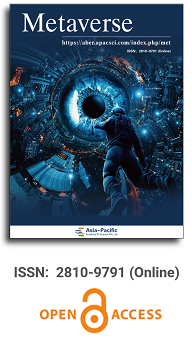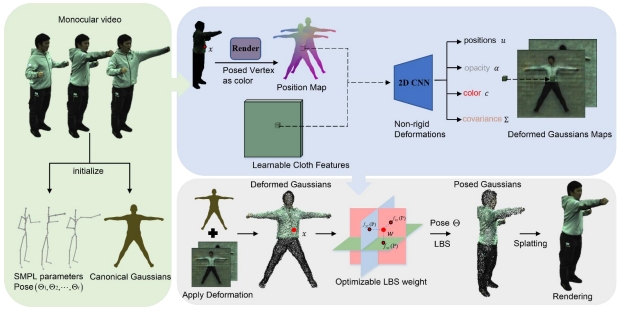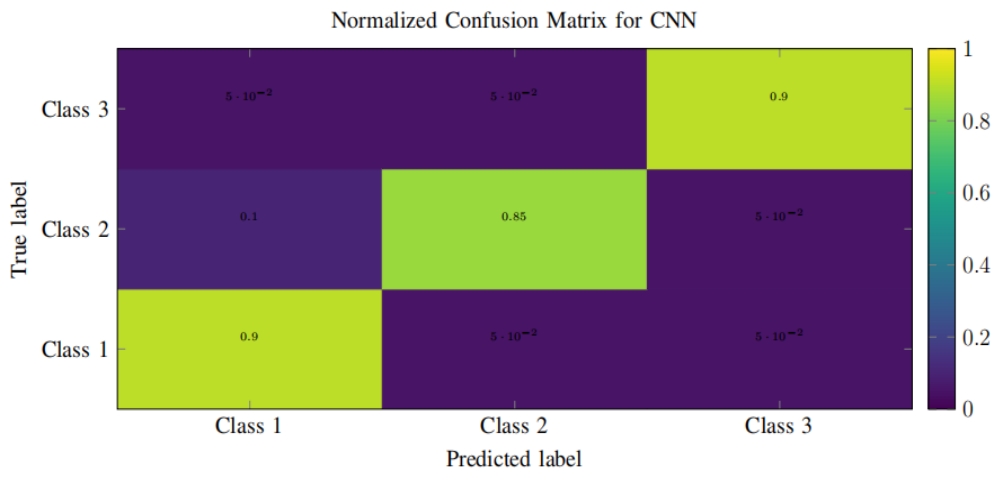
Asia Pacific Academy of Science Pte. Ltd. (APACSCI) specializes in international journal publishing. APACSCI adopts the open access publishing model and provides an important communication bridge for academic groups whose interest fields include engineering, technology, medicine, computer, mathematics, agriculture and forestry, and environment.



Issue release: 30 June, 2020
Have you heard of metaverse? Everyone knows what is the universe, but what is the metaverse? As we can see, the metaverse comprises two parts: meta and universe.
Issue release: 30 June, 2020
The purpose of this study is to analyze the application of immersion edu cation in the subject of entrepreneurship and management in the unified general high school of jadan education unit, jadan Parish, guaracio, azuai province. Hybrid methodology. 88.5% of the students agreed to use immersive technology in the process of learning. Teachers said that it was difficult for them to use technology, so they needed training in information and communication technology, virtual platform, use and management of these digital educational resources, such as meta-database, in order to achieve immersive education in educational institutions.
Issue release: 30 June, 2020
The possibility of recording in 360° has aroused the interest of entrepreneurs and researchers in the potential narrative powers of virtual reality in different fields. However, there are still some questions that have not been sufficiently confirmed, such as the higher level of narrative involvement of the viewer in this new form of storytelling. In order to make up for this lack, this research presents the design of an experimental analysis in different phases. It is a quantitative-qualitative pilot project based on the MNEQ scale[1] that allows us to evaluate and compare the viewing experience of a narrative story through virtual reality presentation and different types of two-dimensional screens to a minimum of 100 people divided into experimental groups. Under the assumption that each treatment or each technology (independent variable) has different impacts on the viewer’s narrative involvement (dependent variable), the aim is to analyze empathy (EP), sympathy (S), cognitive perspective taking (CP), loss of time (LT), loss of self-awareness (LS), narrative presence (NP), narrative involvement (NI), distraction (D), ease of cognitive access (EC) and narrative realism (NR). Four different types of analysis (statistical, variance, observational, open-ended) are included. We offer a new model of self-developed analysis for complete Spanish-language cinematic virtual reality works. The experimental design seeks to establish a comprehensive research model in order to discuss whether virtual reality offers, as it is believed, greater engagement.

Prof. Zhigeng Pan
Professor, Hangzhou International Innovation Institute (H3I), Beihang University, China

Prof. Jianrong Tan
Academician, Chinese Academy of Engineering, China
Conference Time
December 15-18, 2025
Conference Venue
Hong Kong Convention and Exhibition Center (HKCEC)
...
Metaverse Scientist Forum No.3 was successfully held on April 22, 2025, from 19:00 to 20:30 (Beijing Time)...
We received the Scopus notification on April 19th, confirming that the journal has been successfully indexed by Scopus...
We are pleased to announce that we have updated the requirements for manuscript figures in the submission guidelines. Manuscripts submitted after April 15, 2025 are required to strictly adhere to the change. These updates are aimed at ensuring the highest quality of visual content in our publications and enhancing the overall readability and impact of your research. For more details, please find it in sumissions...


 Open Access
Open Access




.jpg)
.jpg)

